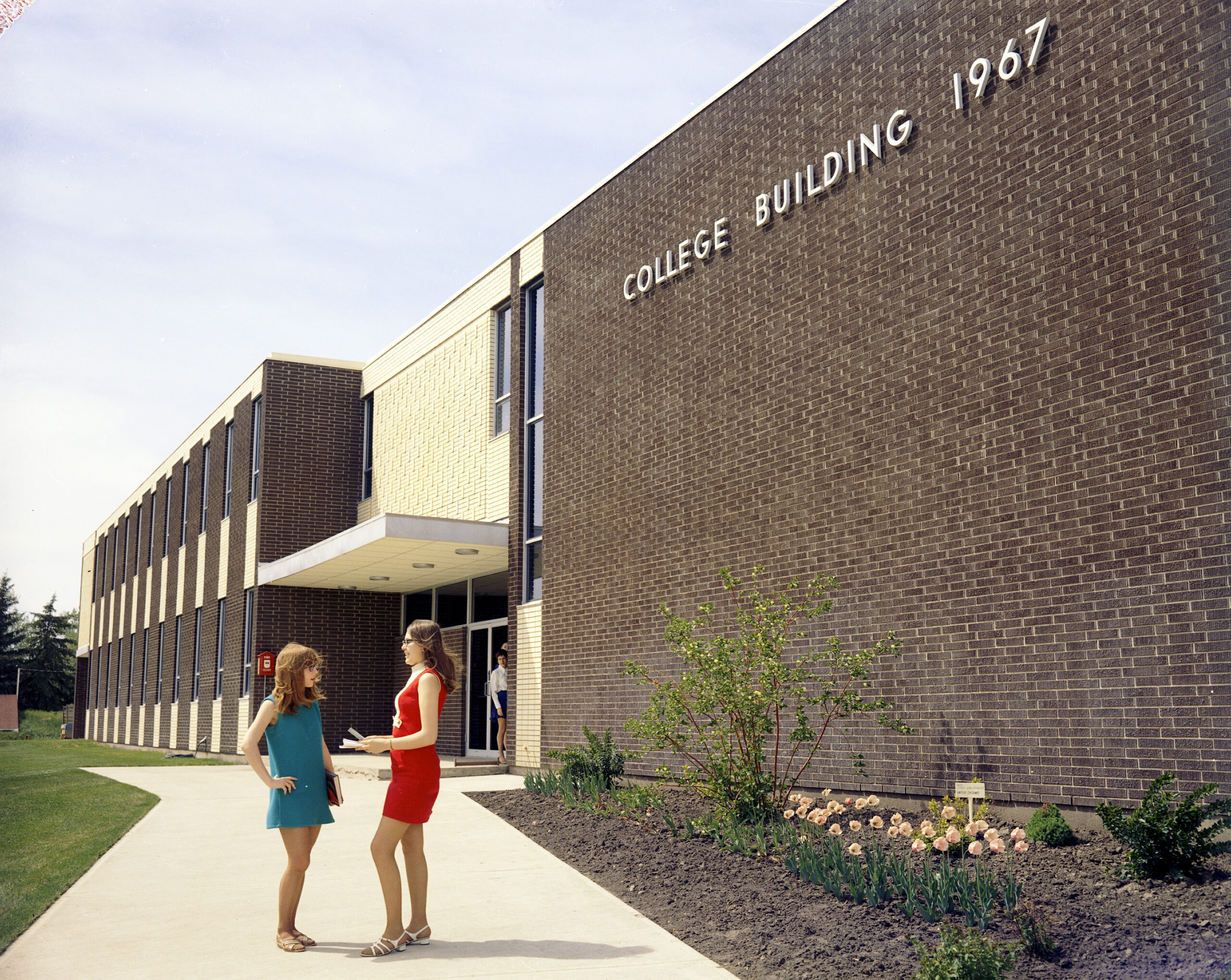Connecting faculty tutoring programs can be a huge benefit to the students and tutors, giving them more opportunities to find the resources they need to thrive. This is one of the reasons that two faculty associations at the University of Manitoba, the Engineering Society and the Science Students’ Association, connected with Nimbus. Now, both faculties are able to run their volunteer tutoring services independently, but students from each are easily able to see what is being offered across the board in one centralized platform.
These programs are also unique in the fact that they are run by volunteers. To understand the unique needs and challenges of these programs, Nimbus Learning sat down with Amy, Director of Academics with the Science Students’ Association, and Kassem, the Vice Stick Academic with the Engineering Society, to talk about staying efficient, juggling multiple roles, and how they motivate their peers.
How many volunteer hours do you dedicate to your tutoring programs a week?
Amy: The beginning of the semester is usually when I spend the most time on the program, just to review the tutors properly and to answer emails and stuff like that. That takes at least a couple of hours a week. Towards the end of the semester I only average an hour, maybe, a week.
Kassem: It’s the same for us. In the beginning of the semester, it was almost up to five hours a week, whereas now I’m barely making an hour per week.
What are the key objectives for your programs?
A: There are a lot of courses within the faculty of science that have a reputation for being difficult. A lot of the course material isn’t easy, so we recognize that there is a need for tutoring. Peer tutoring is great because students who have recently had success with the course can meet you at your level, right? There’s not that need to make a connection with someone who’s a lot older and is maybe more intimidating.
One of the objectives that is unique to this kind of programming, that other tutoring services might not be able to offer, is fostering relationships and building a sense of community within our faculty between people in different years.
K: The engineering program is also a very difficult field for a lot of students. We had a tutoring service before that wasn’t through Nimbus — it was just on our own type of thing. That was a lot less structured and we had some trouble with it. I agree with Amy on the fact that students want to be tutored by students that have taken the courses and who’ve been through the same pain with the same professors. It’s more relatable.
A: Oftentimes students will have the same teacher too, so the tutors know how the exams work and they can give that kind of personalized advice.
As student volunteers, the tutoring programs aren’t your only responsibility. How does Nimbus help you stay efficient?
K: Nimbus is super easy to use. Once you set someone up, they just free rein to do what they want in a controlled environment. When you sign up a tutor, it’s now their job to be available for the students. We don’t have to matchmake, which we used to do before we partnered with Nimbus. I think that’s how it makes it so much easier.
A: Also, the digitalization of the program is huge. Having an app format makes it so much more accessible for both students and for tutors. It’s a very familiar format for people and it’s available on both Samsung and Apple products. It’s just great.
From our administrative standpoint, it’s nice to have a list of all the tutors that use our platform, and then it’s also nice to see all the individual sessions. I can see who’s canceling sessions versus who’s re-booking sessions, so you can get an idea of who’s showing up to the sessions that they book.
As students yourselves, what are your relationships with the student tutors like?
K: Honestly, for tutors I met through Nimbus we now know each other on an acquaintance basis, and some of them actually became pretty good friends afterwards. It opened the door to a larger network.
How do you market to your student body?
A: Especially through COVID, we’ve moved almost all of our marketing online. So through social media, we have it on the Faculty of Science newsletter that goes out. We have monitors in the halls that are being put up, so we’ll have slides running through those continuously. Email services have been where we’ve had our biggest increase in users, but I think just word of mouth helps a lot.
We’ve done some in-person marketing — in the fall we had a lab event, which is just like a seminar with about a hundred or so students that are interested in pursuing research. We advertised it to the whole group, because these are people who are looking for academic, enriching opportunities, and we got some people who joined as tutors after that too.
K: We’re pretty similar. We’ve sent out a lot of emails and put notices in the weekly newsletters to the engineering department, both calling for tutors and advertising to tutees. On Instagram there’s weekly posts, stories and reels. And when Patrick came in, we did Nimbus pop-ins to lectures, which was really useful. A lot of people signed up from that.
At Nimbus, we’re not just rooting for you – we’re actively working to help your program succeed. If you have any questions or are looking for support for a tutoring program custom-designed to suit your campus, we want to help! Connect with us today to get started.




